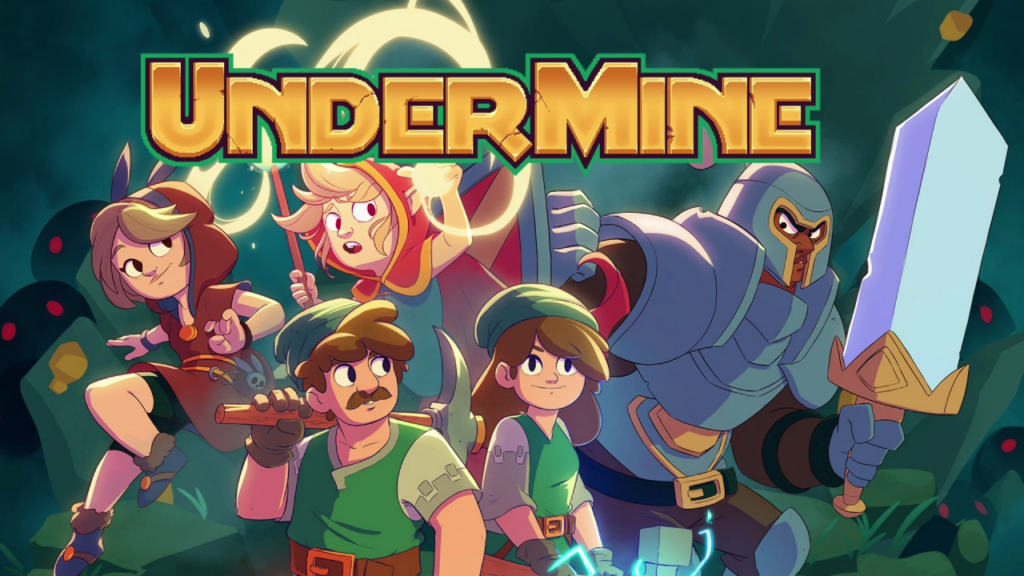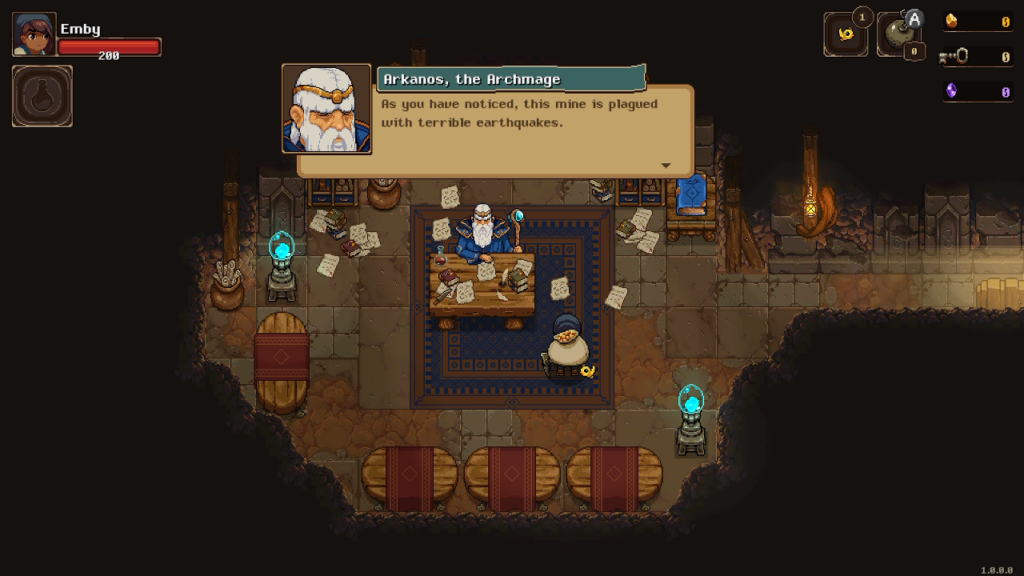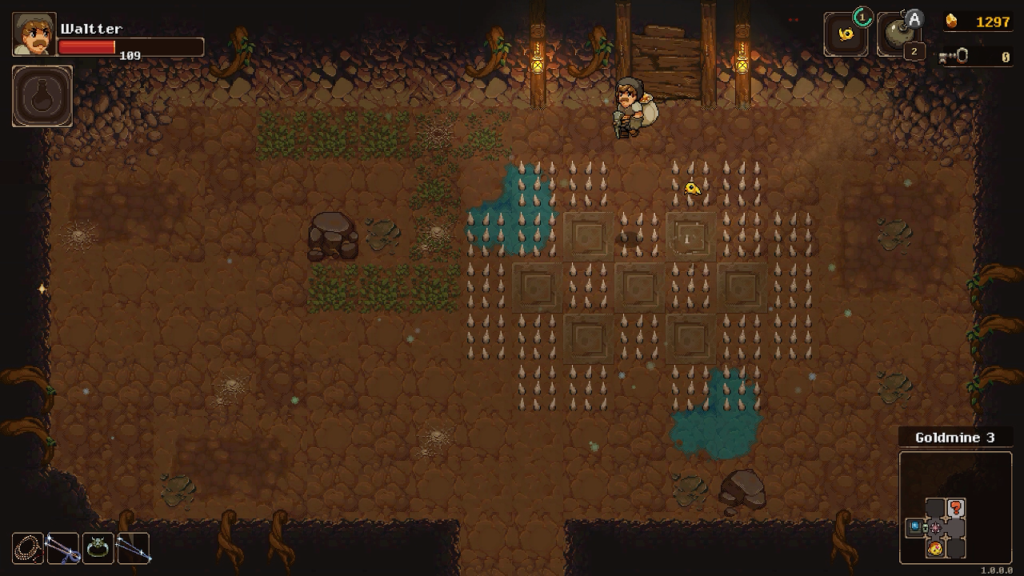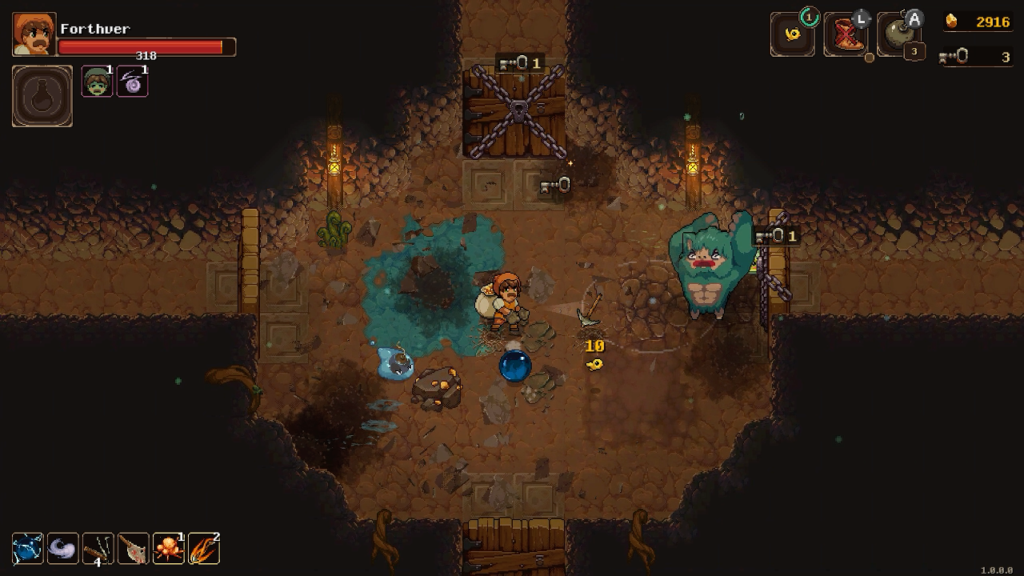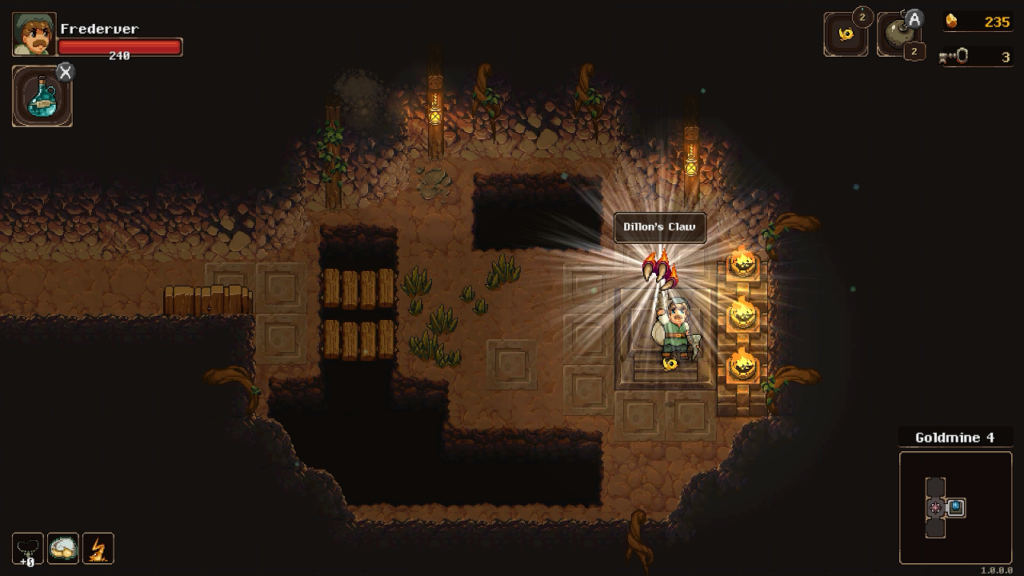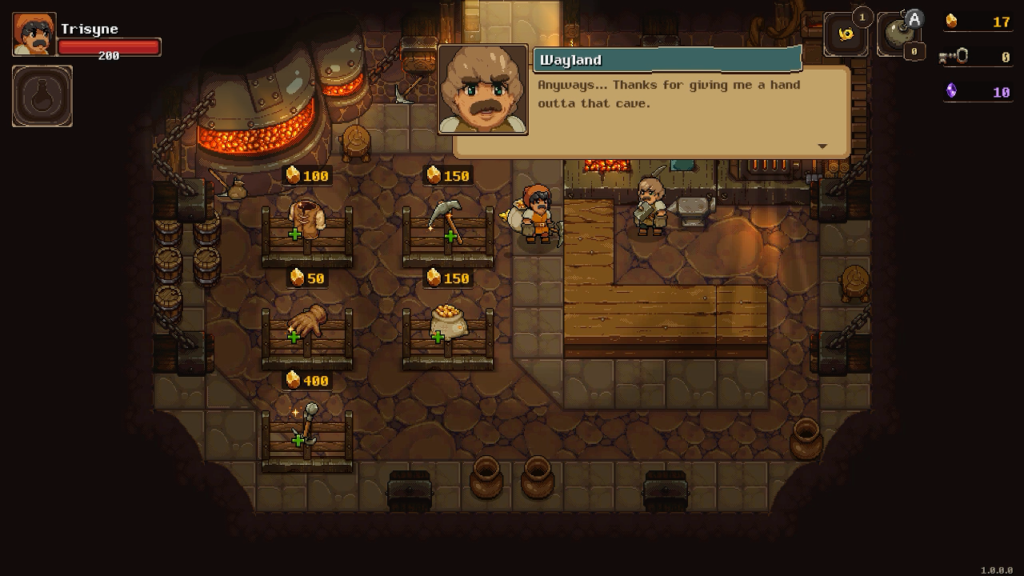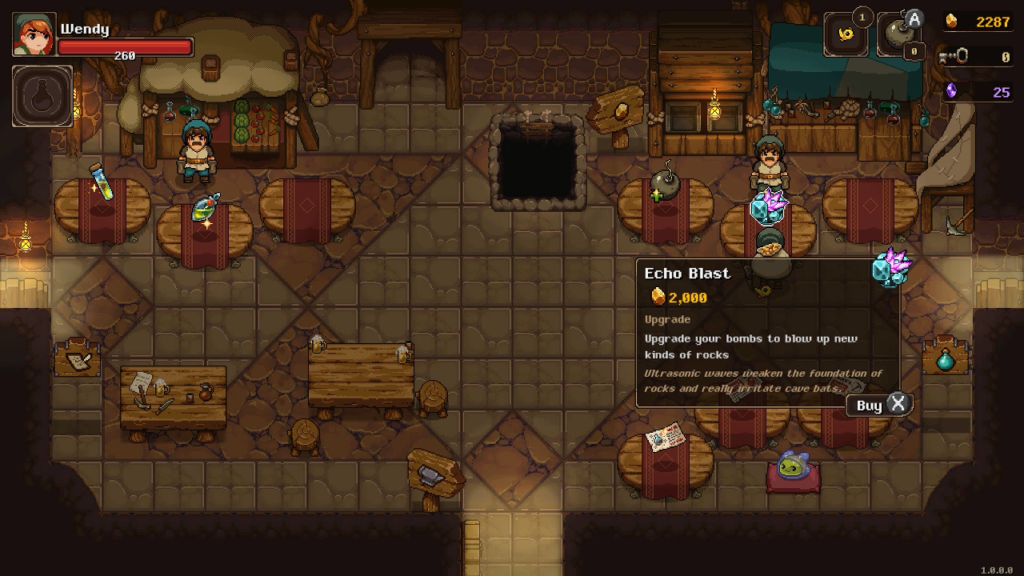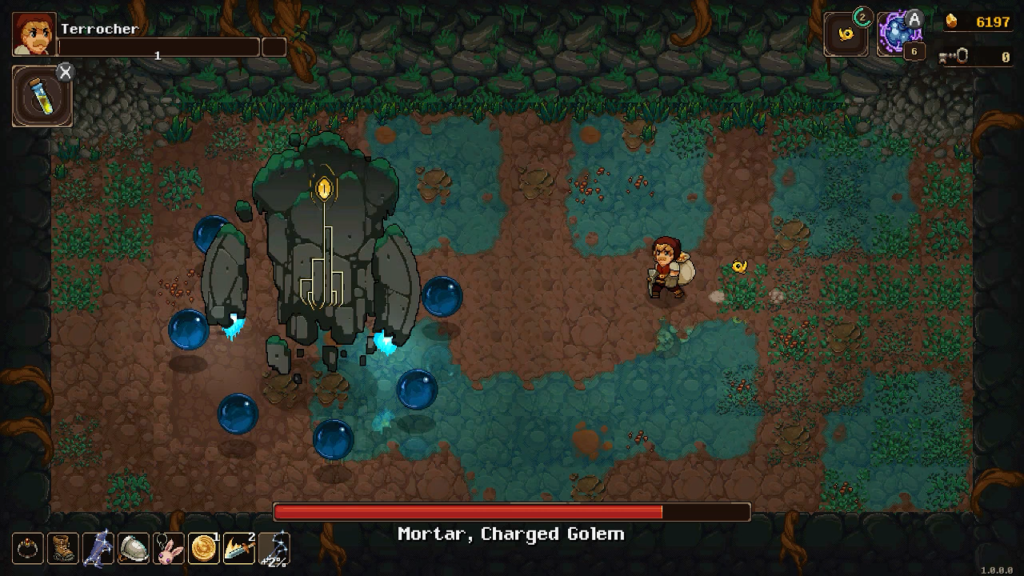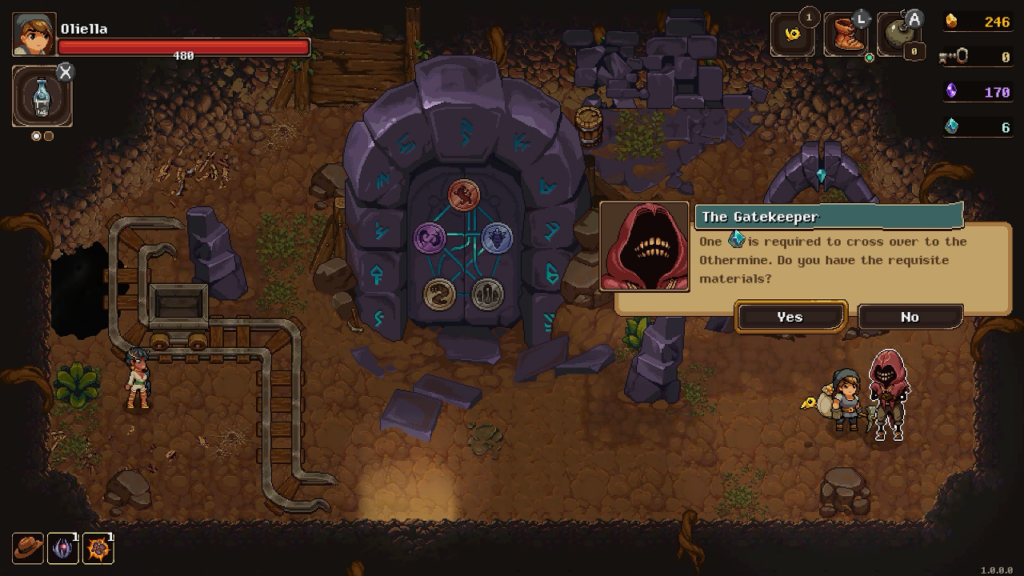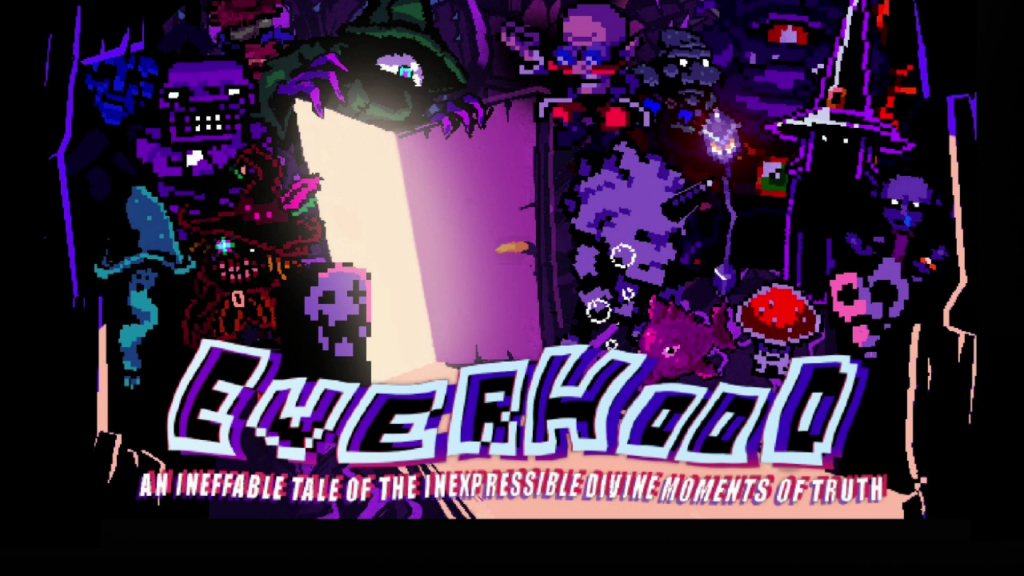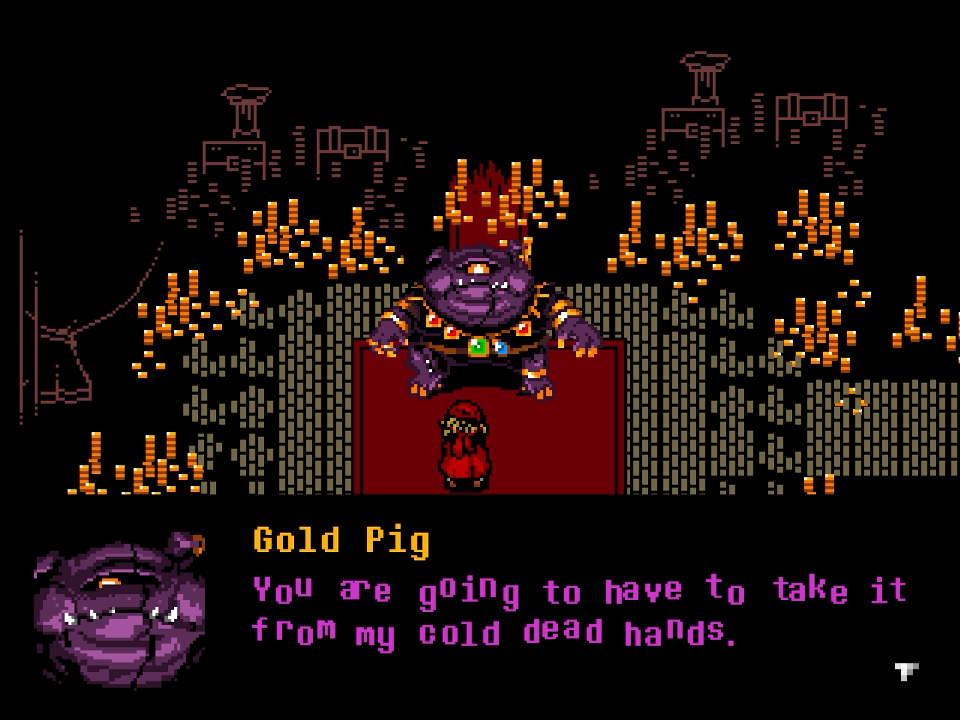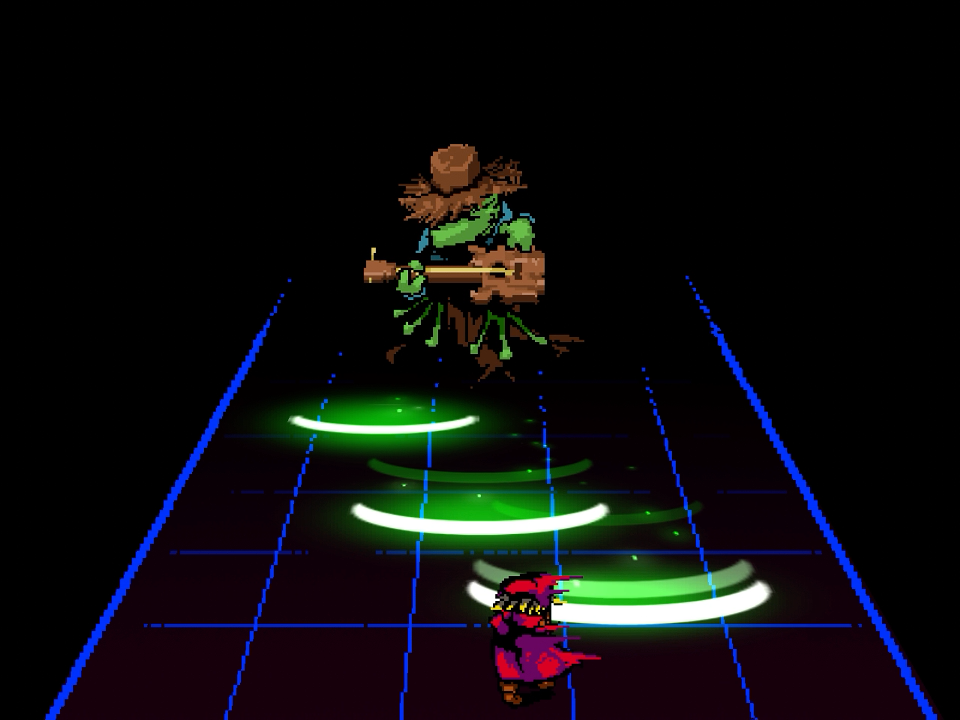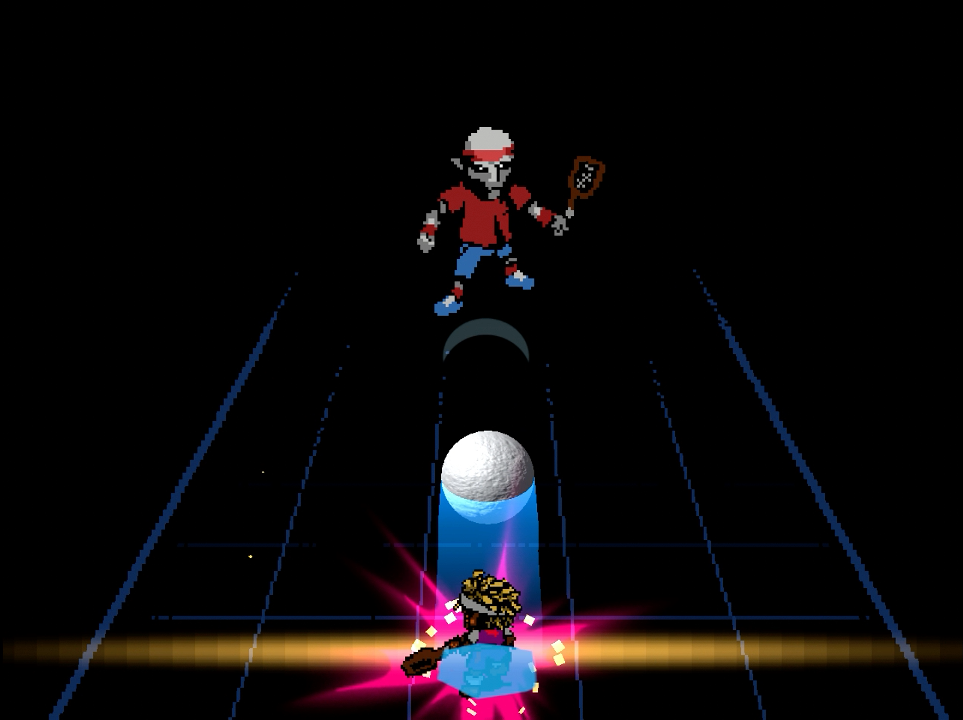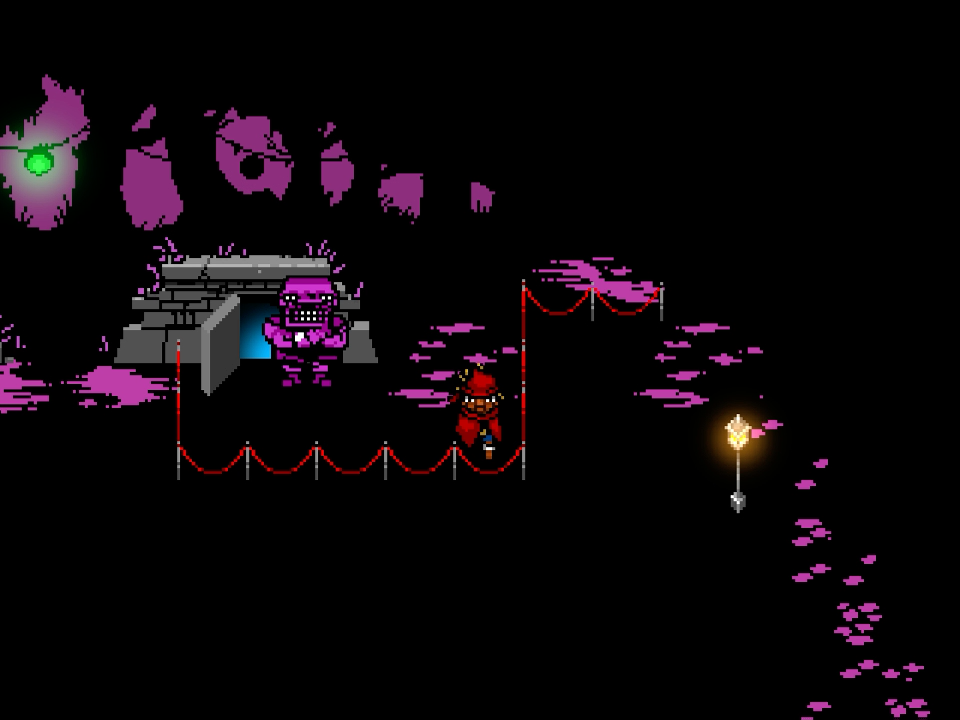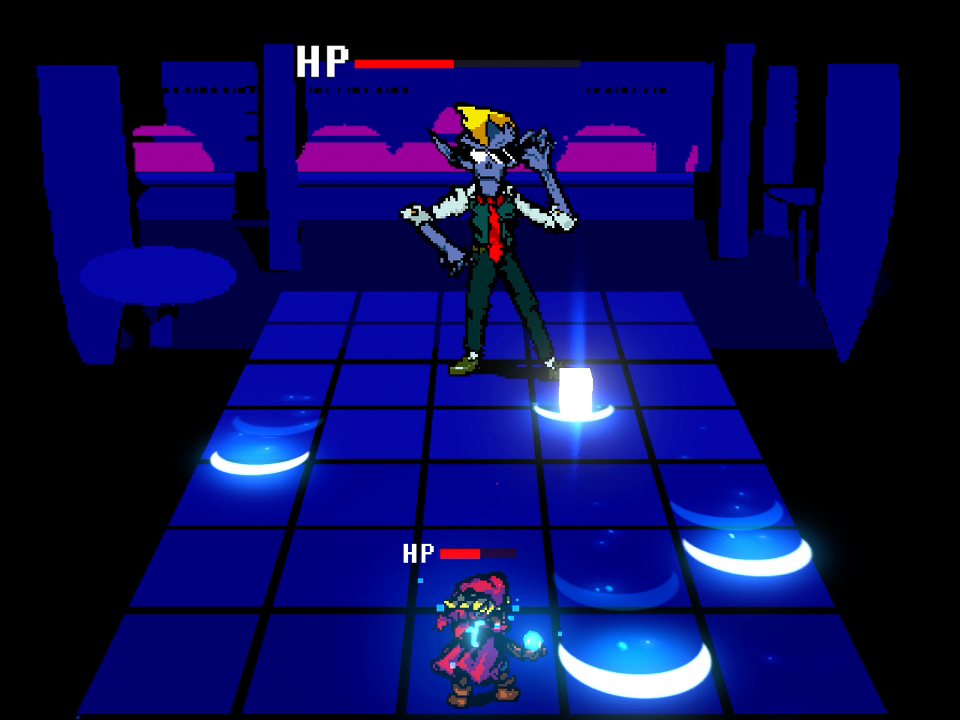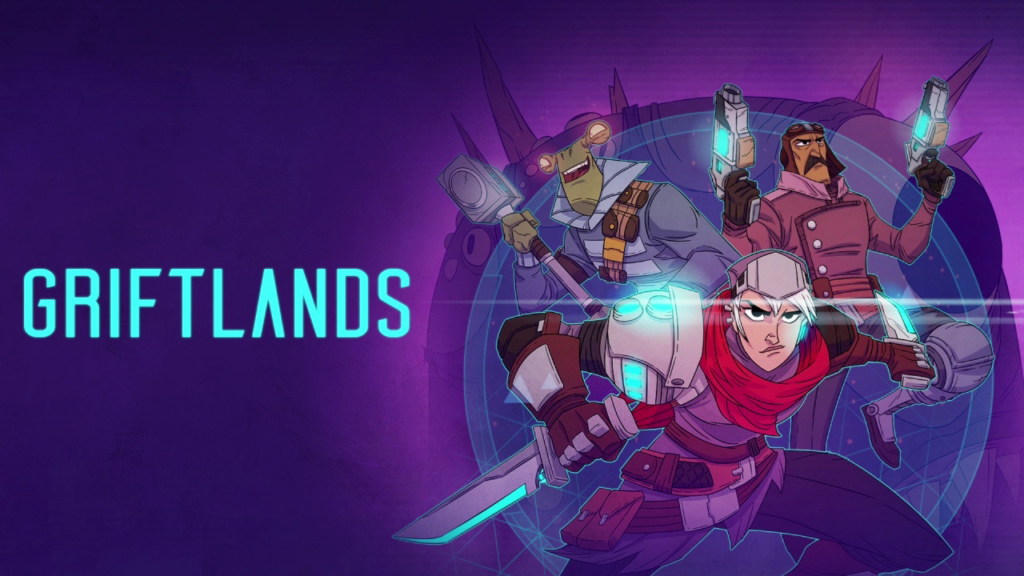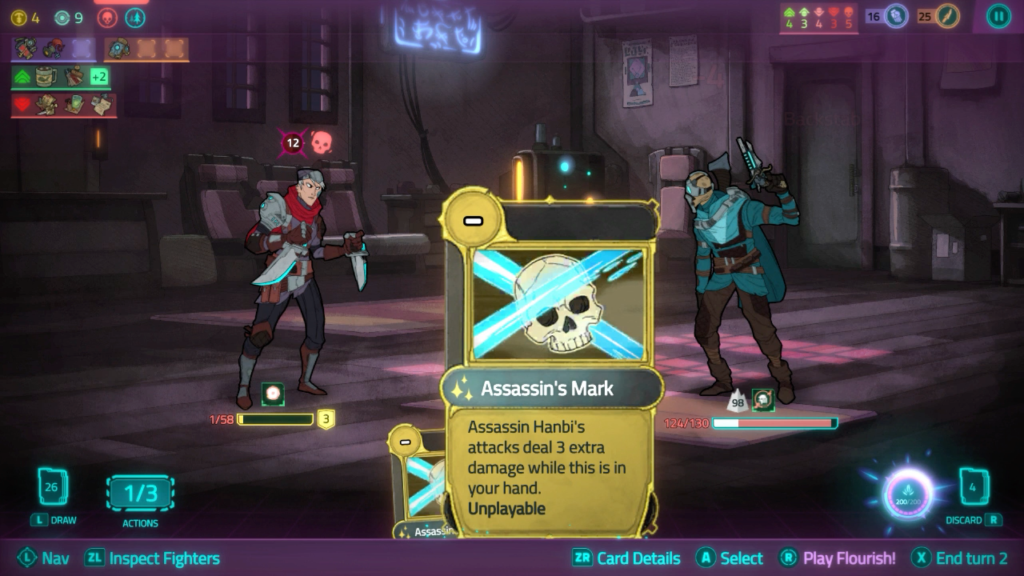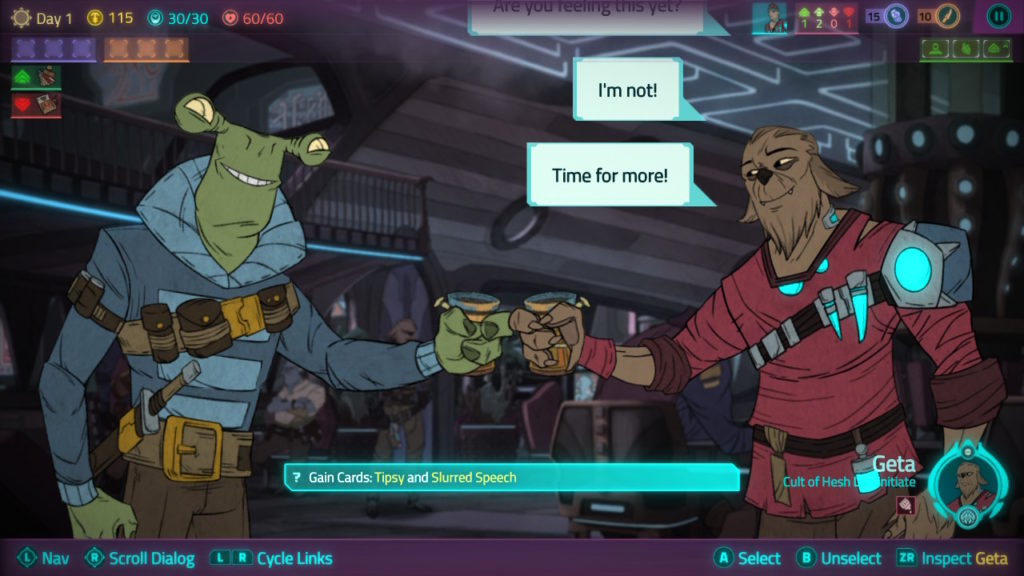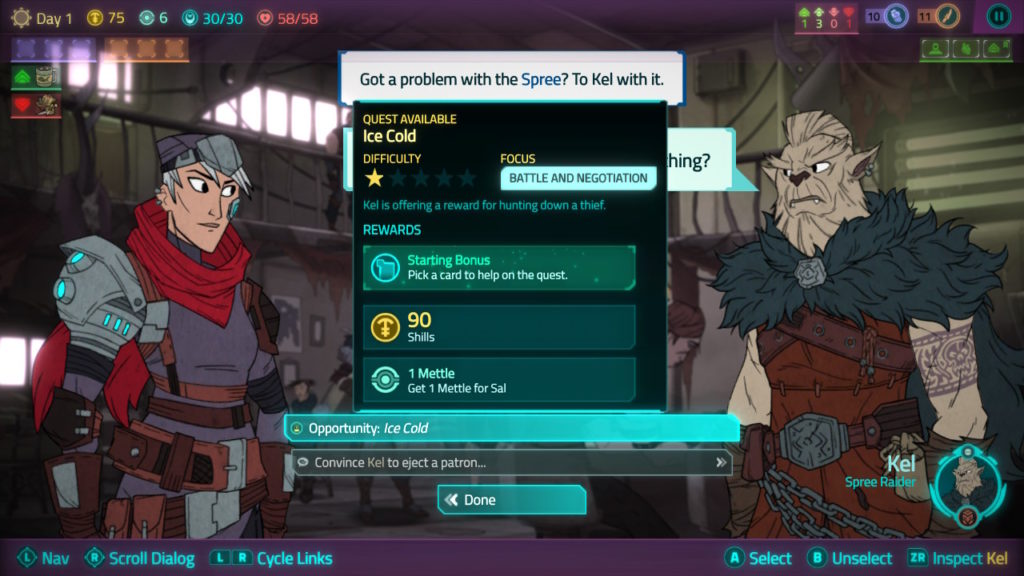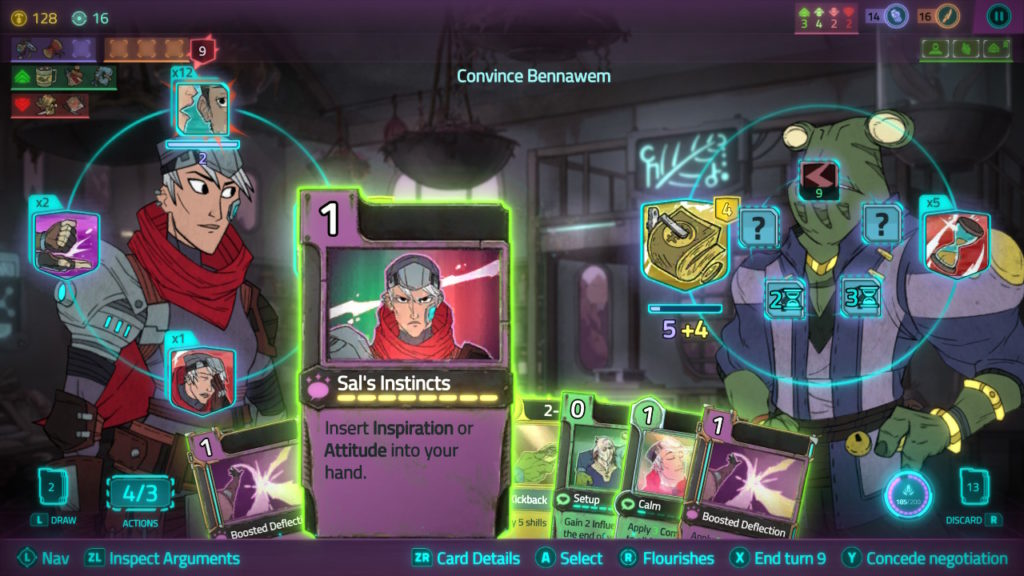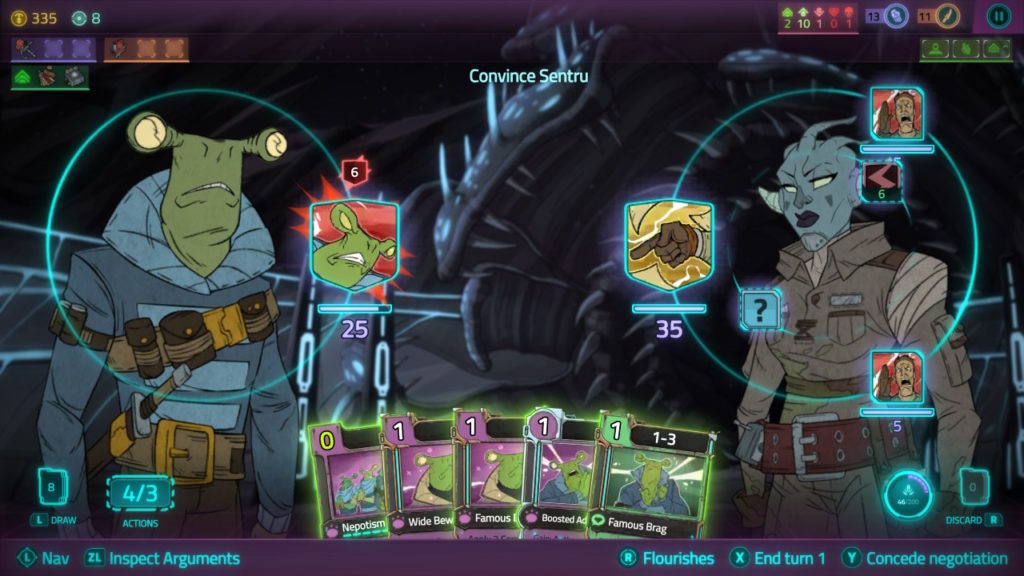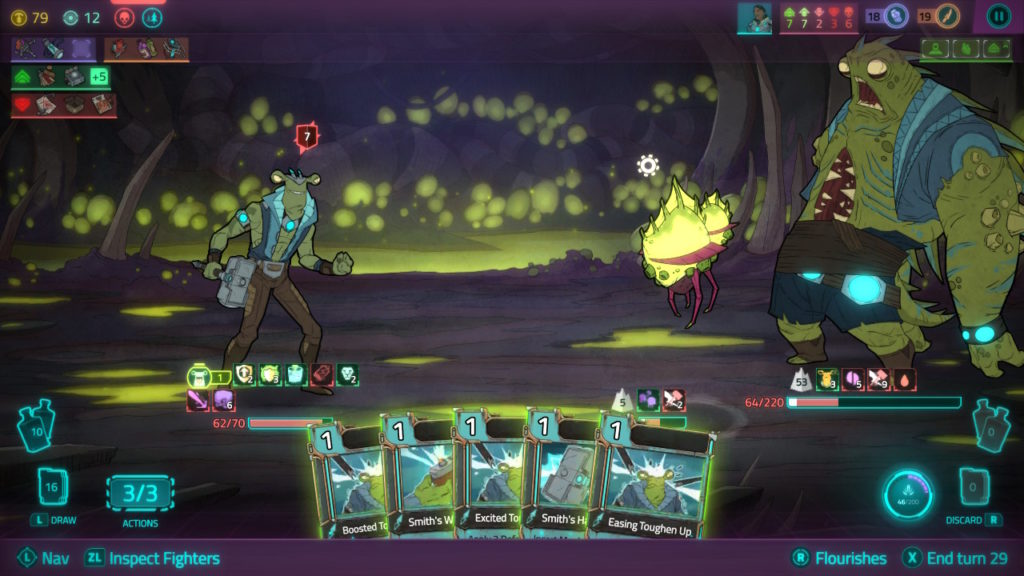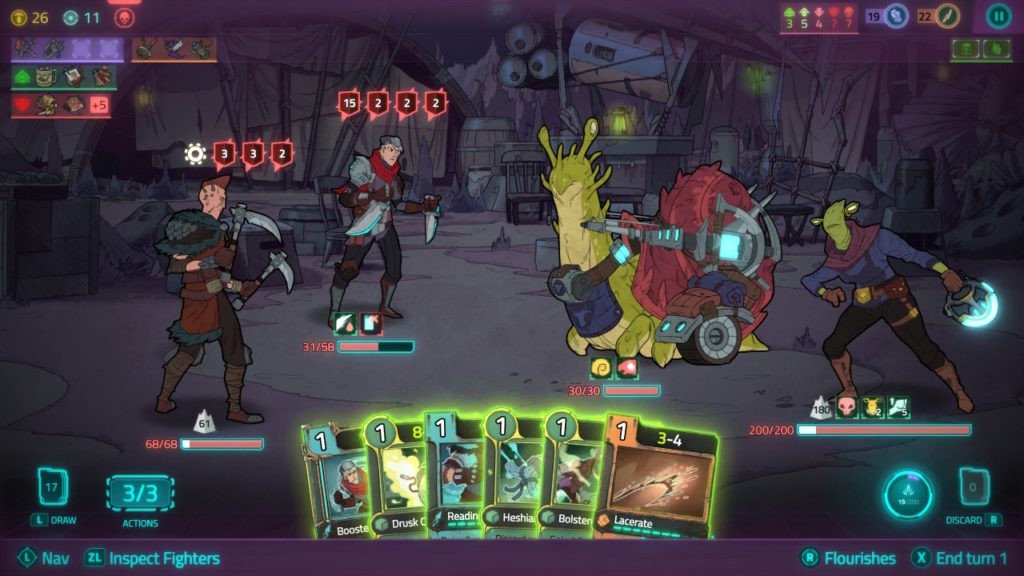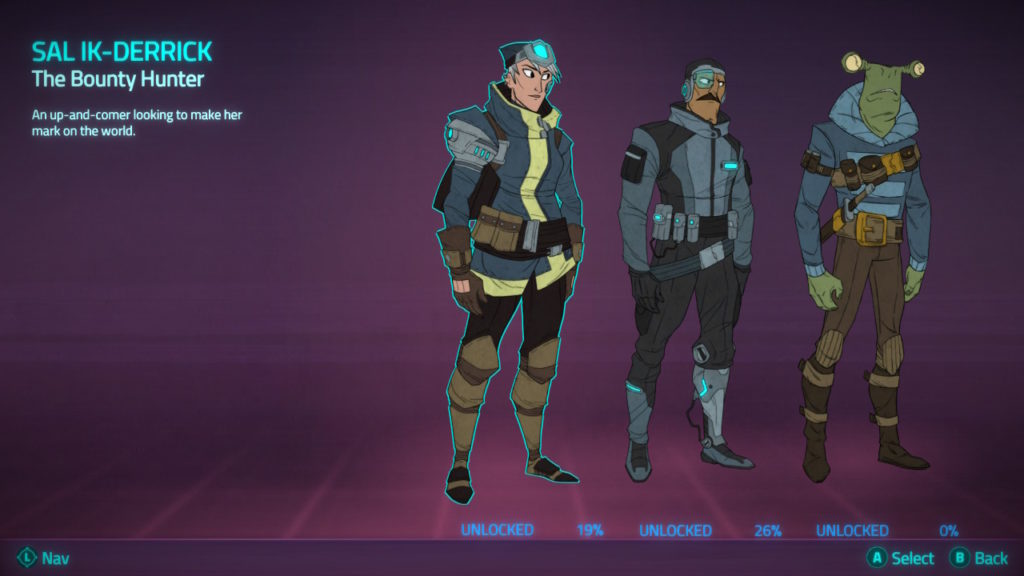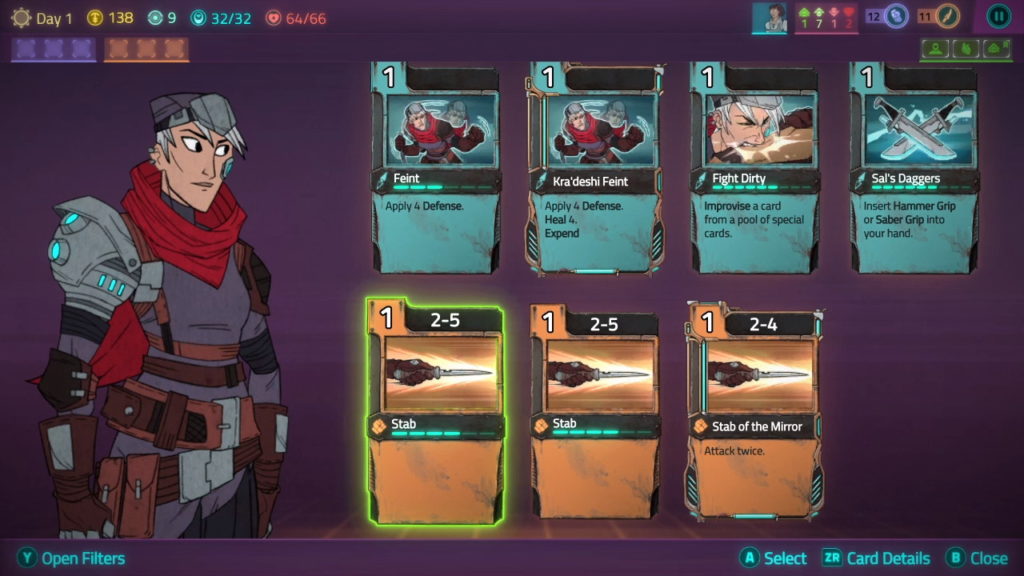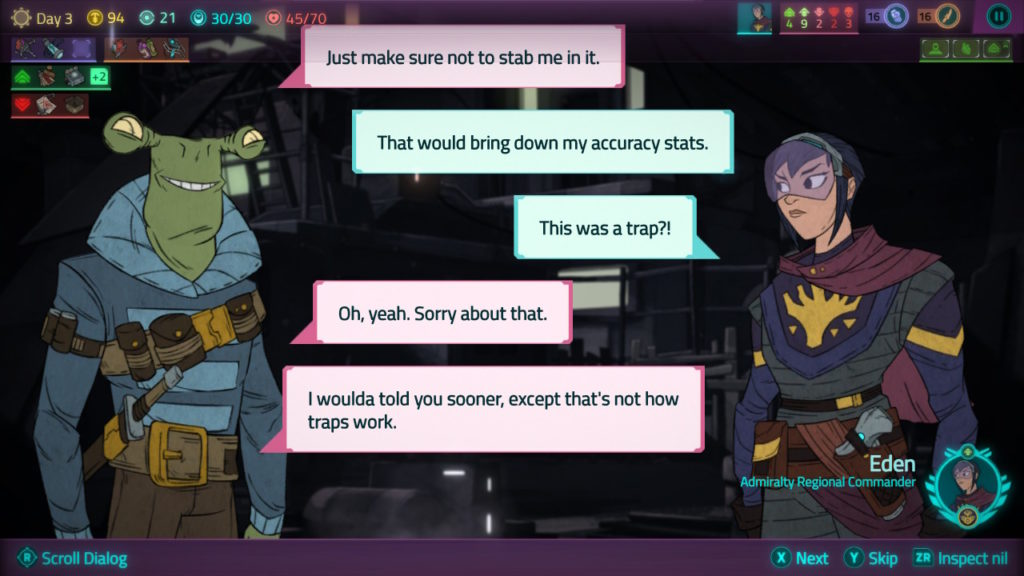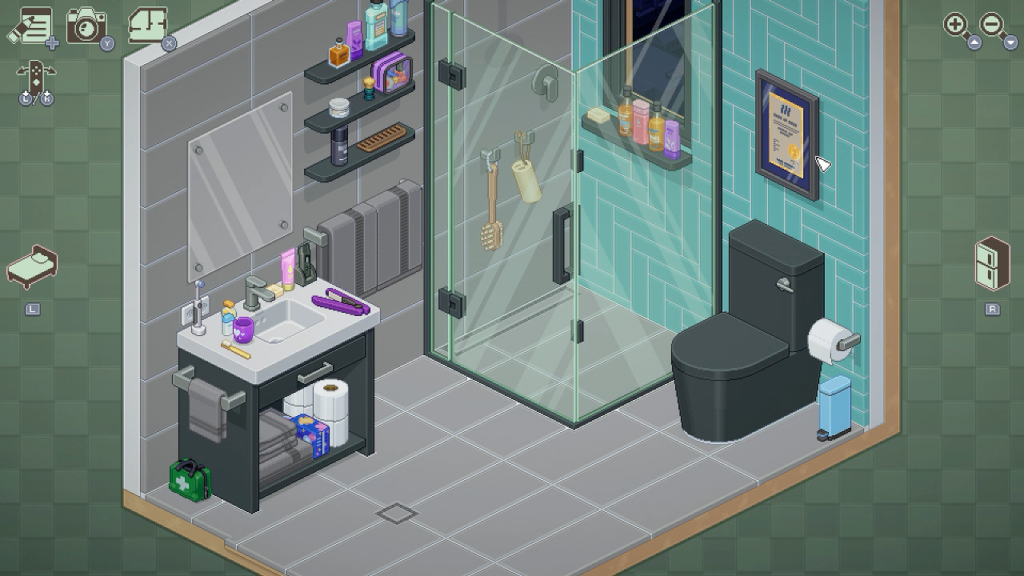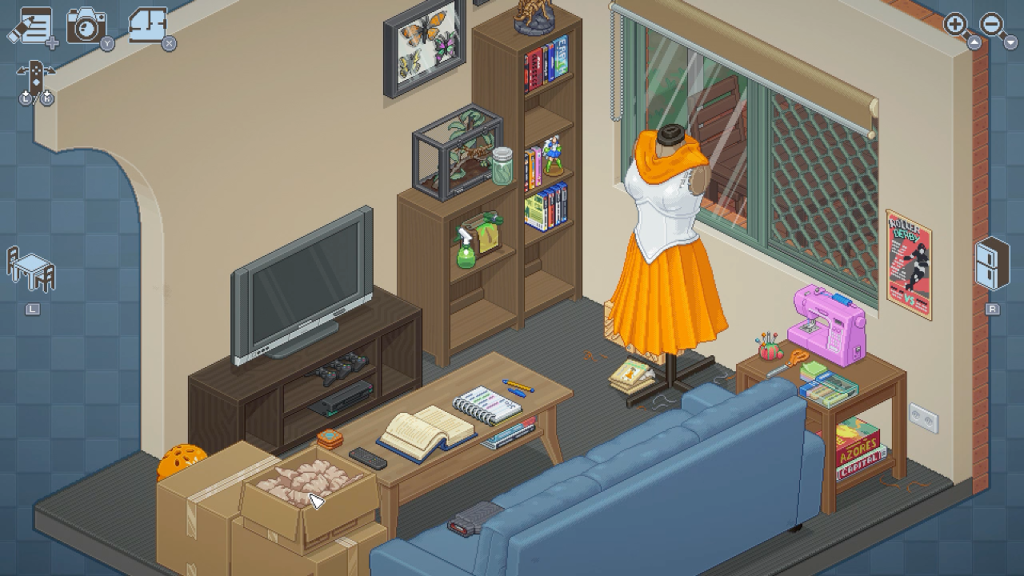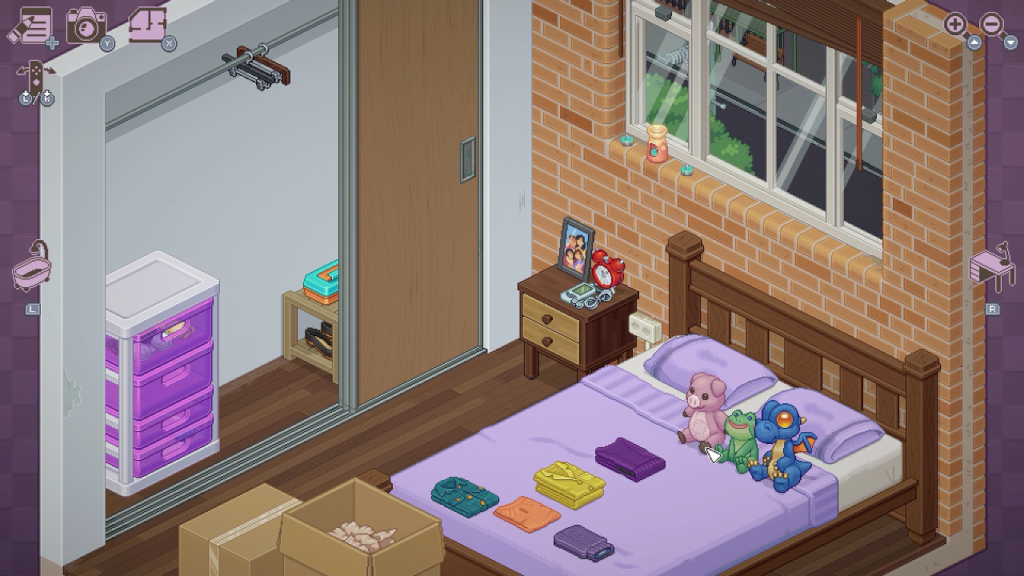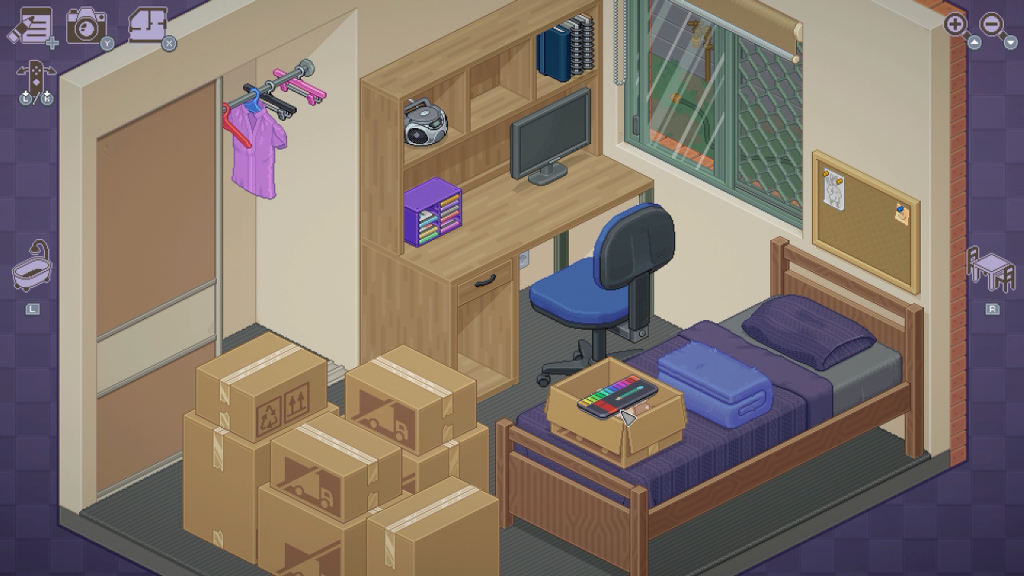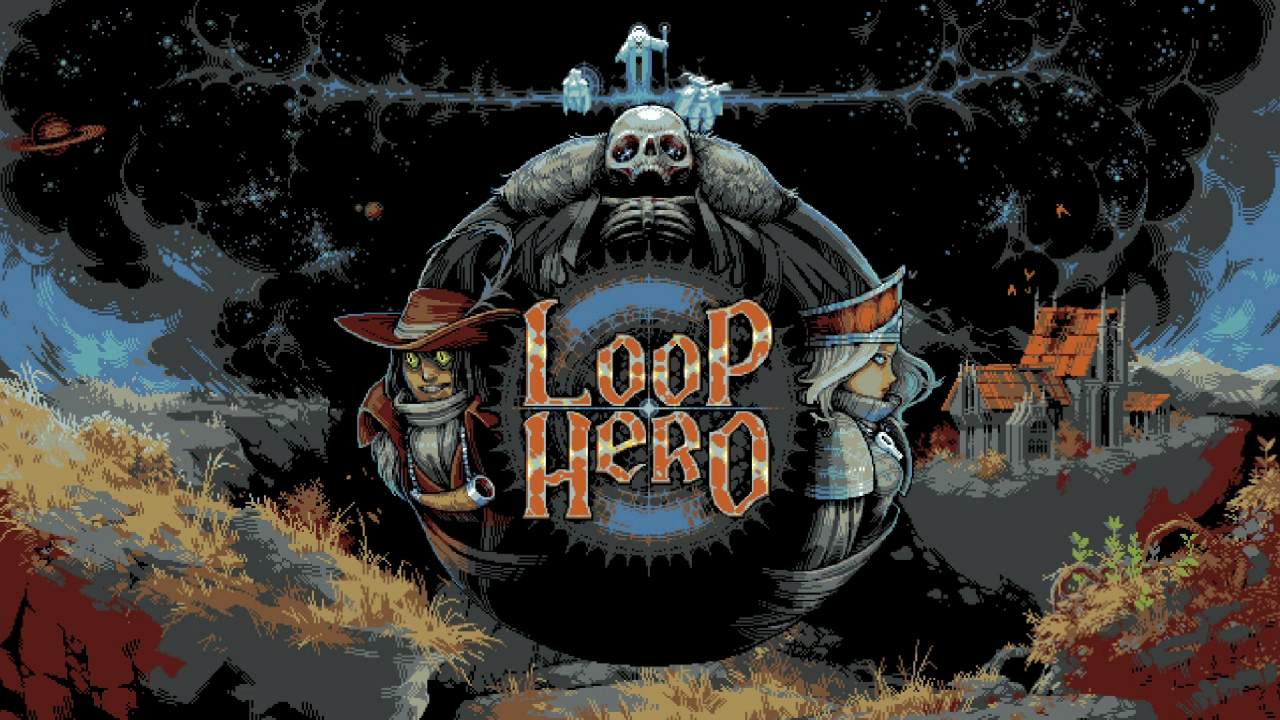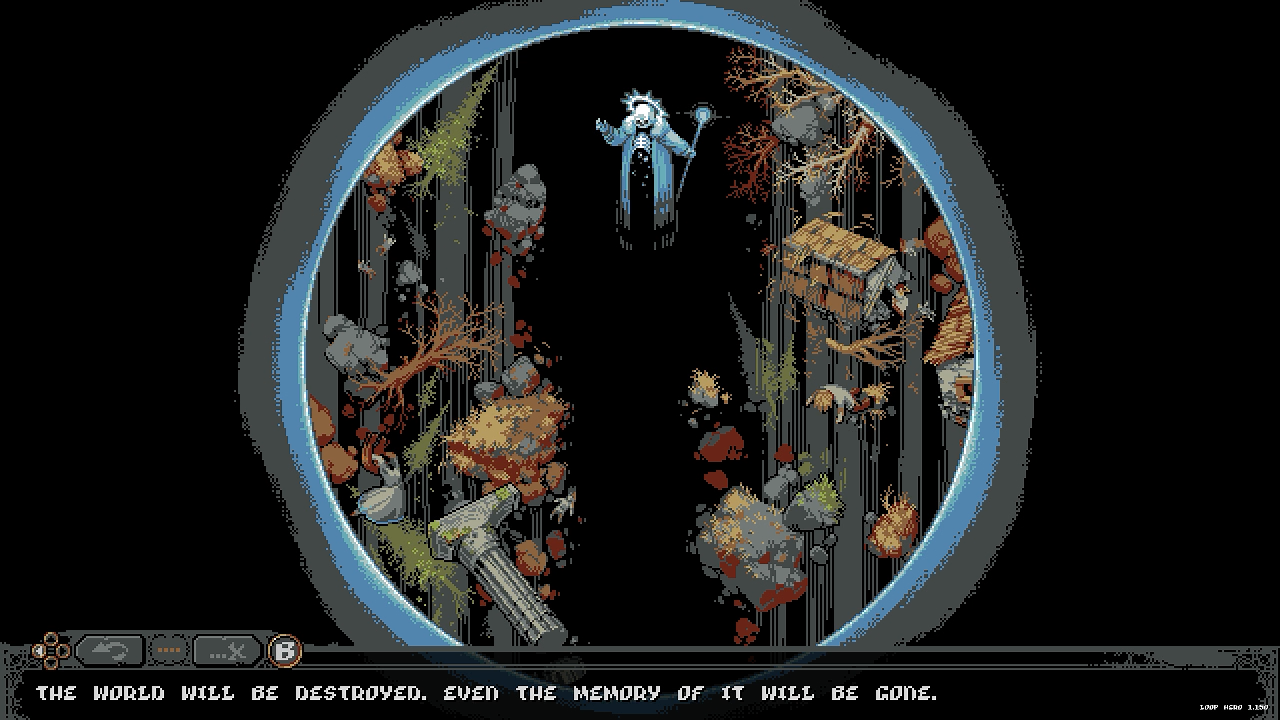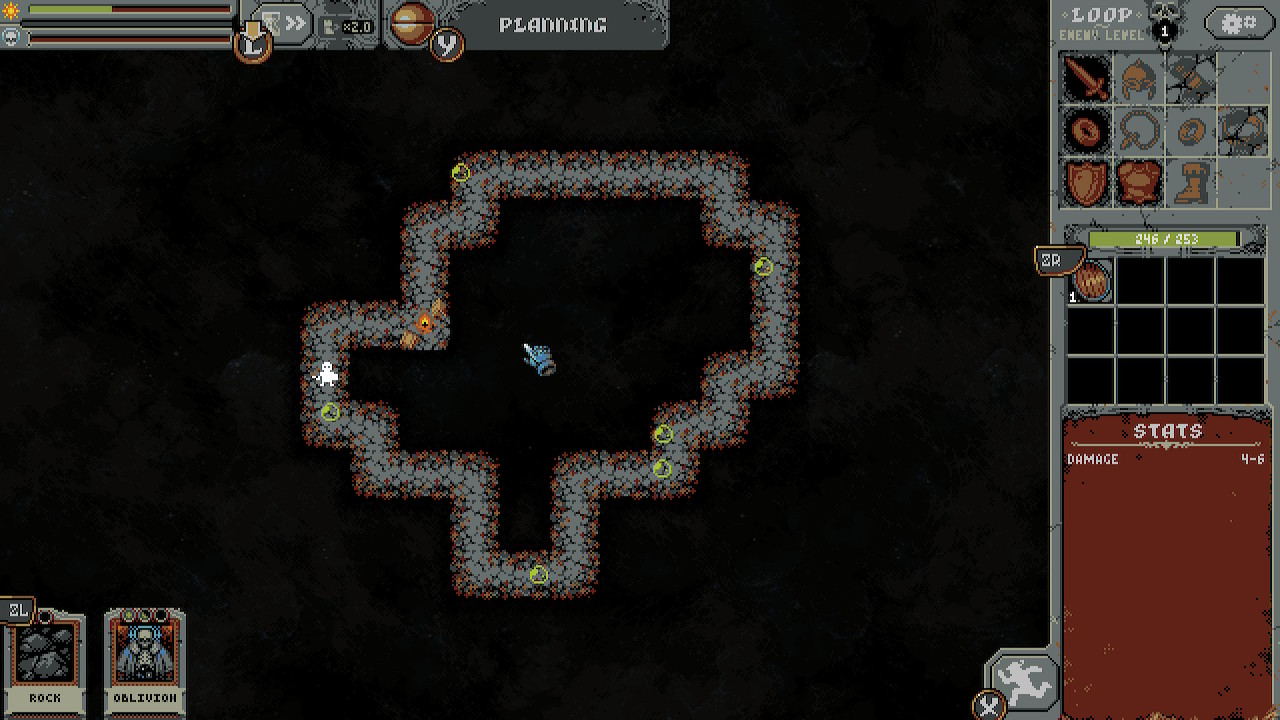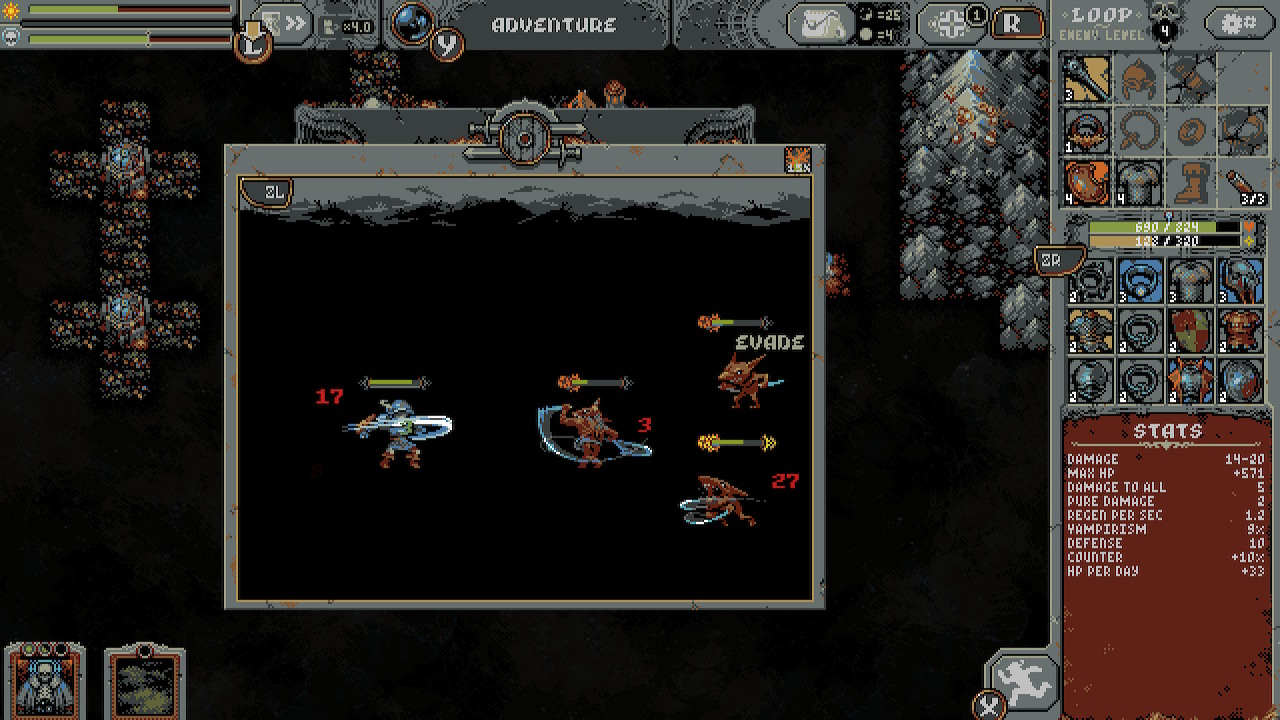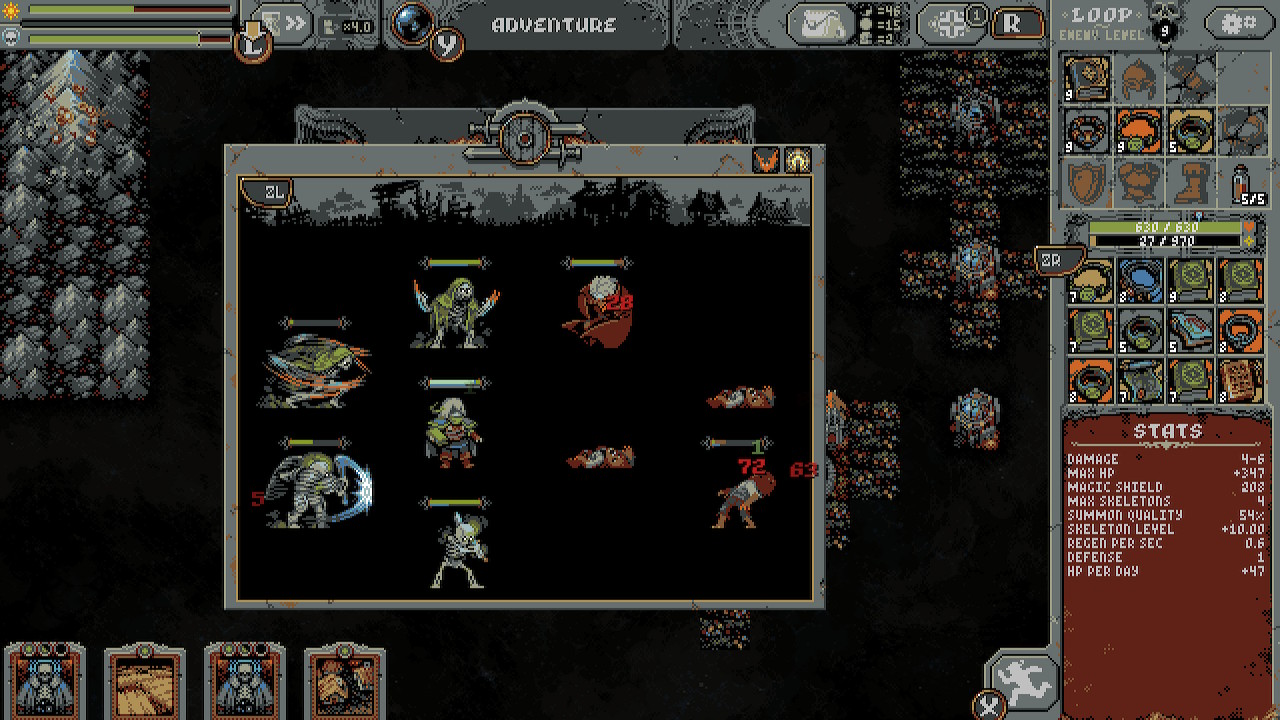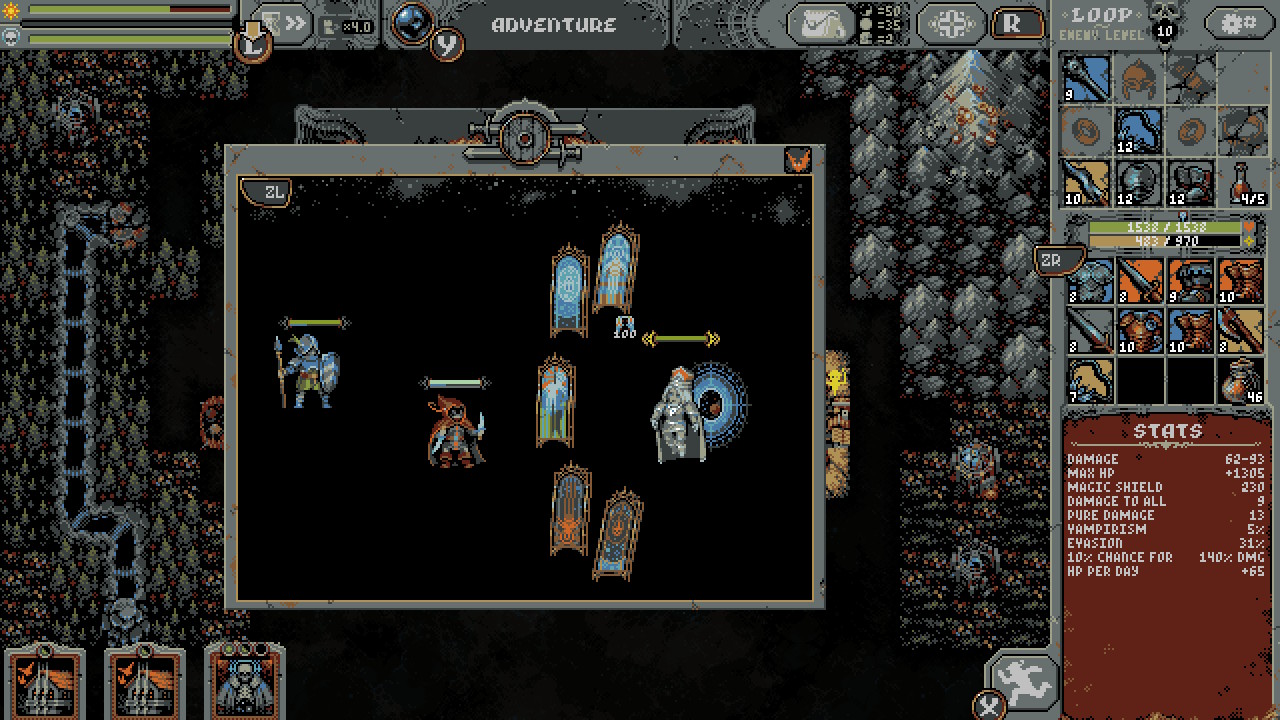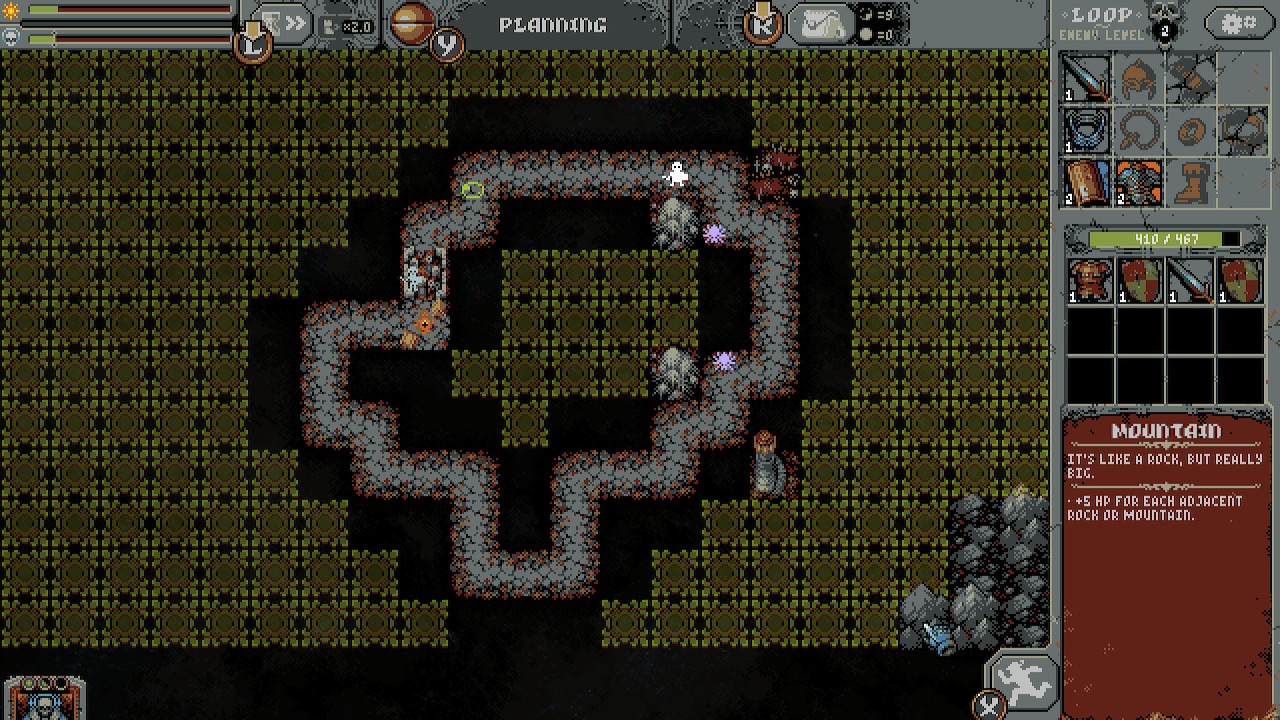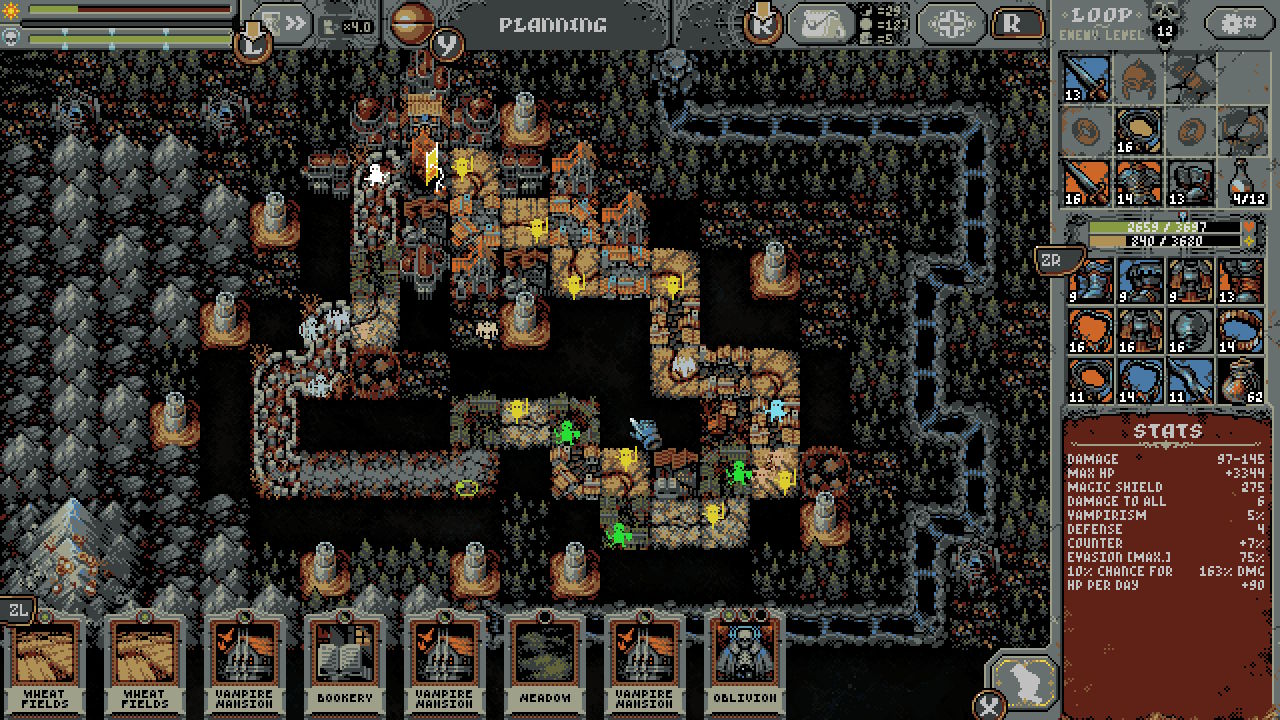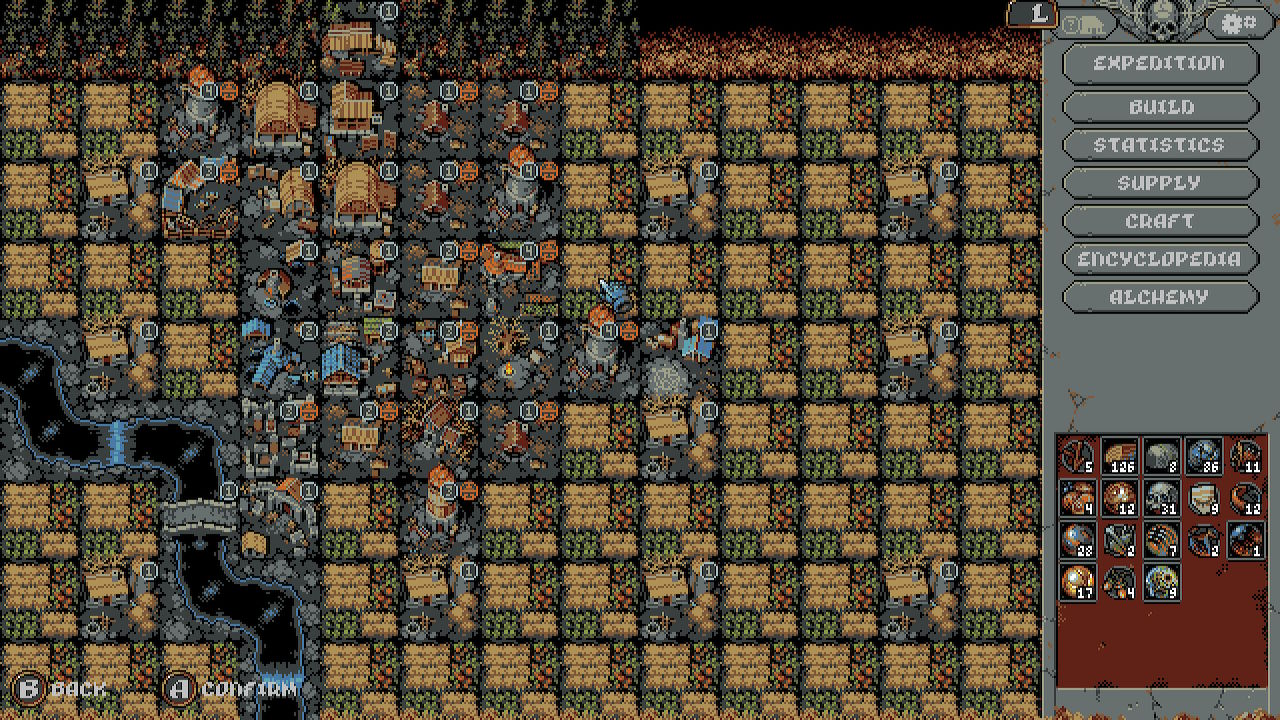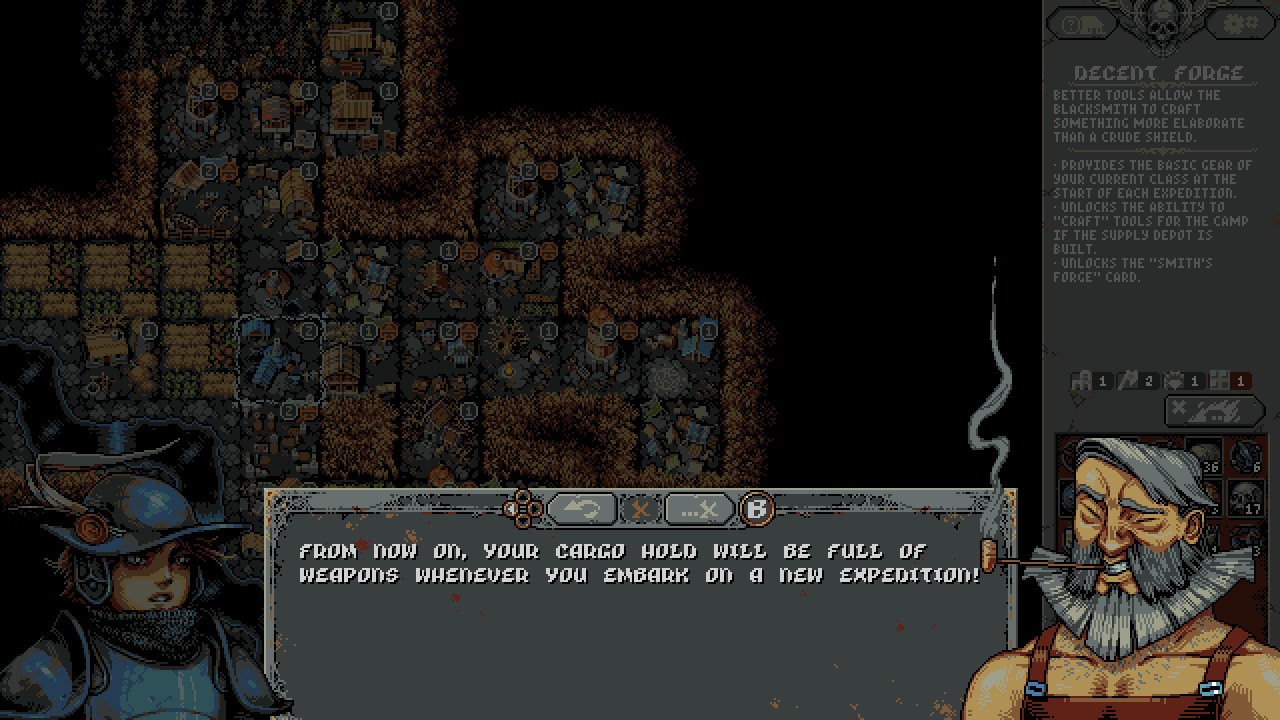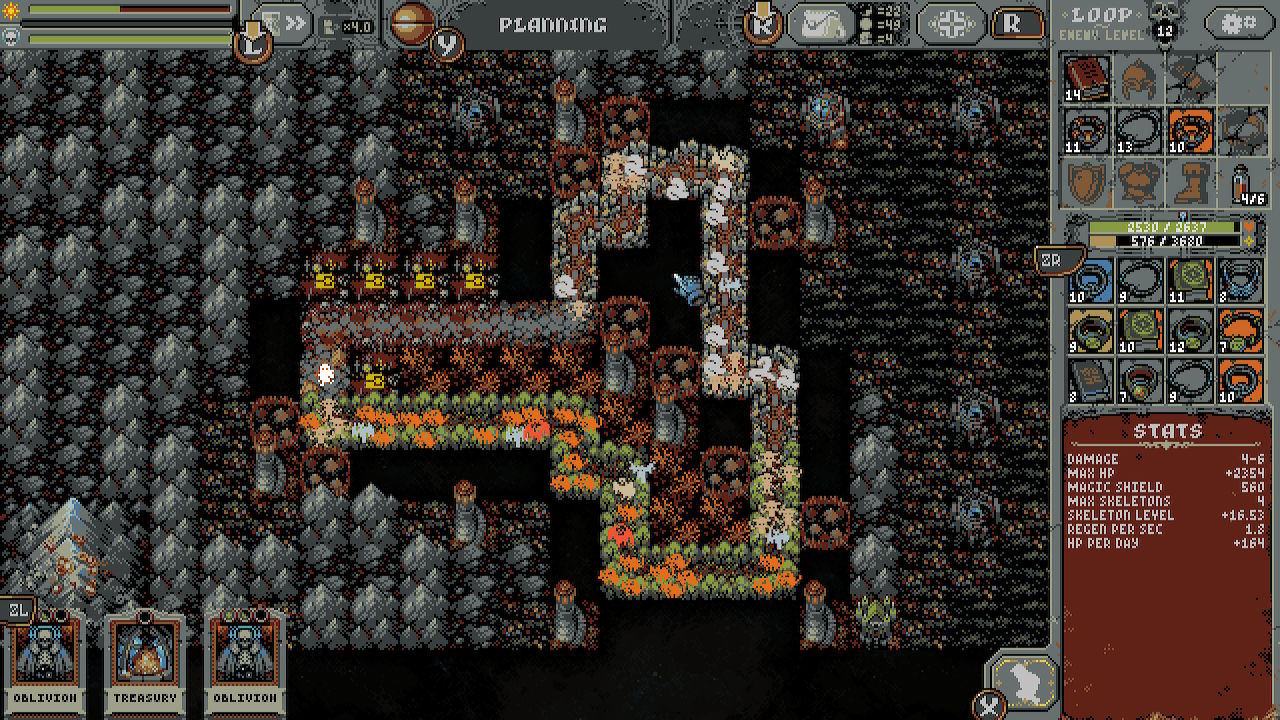I wasn’t sure if I was going to make this listicle for 2021. I have done so for every year since the Nintendo Switch launched, but independent videogame development and publishing seemed especially affected this year by a world still reeling from the COVID-19 pandemic and other semi-apocalyptic disasters. By June there were only a handful of titles I felt were good, let alone “Must-Plays.” I was hesitant to put together a list of five top-tier indie videogames if they were going to be the only five of note—or worse, a top three and some padding to fill out the list. It wasn’t until November I was sure I could put together an interesting and competitive list of the year’s best Switch indie releases.
These are the five indie videogames on Nintendo Switch I consider to be the must-plays of the Pandemic Year, Part 2: Things Got Worse. As always, this list is created from what I had time to play, and a particular omission of a fantastic indie may only mean I hadn’t played it when I wrote this listicle.
UnderMine
Thorium Entertainment
$19.99
UnderMine is a procedurally generated dungeon crawler about a mine whose walls hide much more than gold and jewels. I play as a peasant who enters the mine in search of their fortune. Instead they are “recruited” by an Archmage who sends them to investigate mysterious tremors endangering the mine. I guide the peasant down through the mine’s floors, gathering treasure and magical equipment along the way. They will inevitably die to one of the dangers in the mine, but a helpful familiar will carry their bag back to the entrance, where I become a new peasant who unknowingly inherits their predecessor’s loot. By using the inherited riches to purchase new upgrades from the Archmage and the mine’s other entrepreneurial denizens, this new peasant may have more success in reaching the mine’s depths and the many mysteries the Archmage charges them with investigating.
UnderMine doesn’t break new ground in its genre. Its loop of hurling a player character at a gauntlet of monsters and death traps, then using the riches they managed to accumulate before their death to marginally empower the next player character has become a cliché in the indie design ecosystem. Yet it still manages to distinguish itself among its many also-rans. NPCs are wincingly aware of the conventions the player character is subject to, treating the grisly succession of doomed player characters with macabre frankness. And despite never leaving the mine’s confines, I can still glean a richly imagined fantasy world that could easily support any number of spinoffs and sequels.
It may not seem clear what should draw a player to UnderMine. It does not have many unique strengths; it lacks the narrative depth of Hades or the overwhelming mass of the Binding of Isaac. Yet it also has few weaknesses. It is a high-quality entry in a labored genre with many competitors vying for attention. Like the enterprising miners who face death for unlikely riches, UnderMine earns its place on this list through unremarkable, dogged persistence.
Read my full UnderMine review here.
Everhood
Foreign Gnomes
$14.99
Everhood is a musical adventure set in a universe on the brink of extinction. I play as the Red Mage, a living doll whose arm is stolen by the Blue Thief at the behest of the covetous Gold Pig. The path to reclaiming Red’s arm is blocked by a cast of unusual characters including a sentient ATM, a mad scientist, and a talking trash can. While confronting these creatures, I ponder the circumstances of their existence. Why does Red’s mission take them across the remnants of worlds floating in a void? Why is Red treated with scorn and fear by the few beings that still inhabit these fading lands? Why would the Gold Pig, obsessed with hoarding valuable things, want to steal a doll’s arm?
What makes Everhood special is how it takes a convention from the rhythm and music genre, specifically the multi-colored, multi-laned “fretboard” of the Guitar Hero series, and reimagines it as a bullet hell onslaught Red must survive to progress. When Red enters combat, they stand at the bottom of the fretboard opposite their opponent, who floods the screen with projectiles that twist and turn between the rows in time with the notes and chords of their theme song. I must help Red survive the song by moving them left and right between rows to avoid oncoming projectiles or jump over them with precise timing. After surviving every character’s song, Red reaches the Gold Pig, reclaims their arm, and then revisits every character to challenge their song again—now with the power to fight back.
Of all the indies released in 2021, Everhood feels like the most sorely-overlooked. It has the most thoughtful twists, the most interesting reimaginations of familiar design tropes, and an eclectic soundtrack that easily stands out among the year’s best. Yet I rarely see people talk about it, a victim of a hype machine that often singles out the safe and familiar over the daring and unexpected. My only caution is that, as a bullet hell videogame, it may be the most difficult choice on this list.
Read my full Everhood review here.
Griftlands
Klei Entertainment
$19.99
Griftlands is a deckbuilding RPG set on an alien planet where scoundrels, thieves, and assassins lurk in every alley, drink in every bar, and perch on every seat of power. It’s a cutthroat land where a quick wit or savvy deal is often just as useful as a sharpened dagger or itchy trigger finger. I choose to play as one of three characters who each experience unique adventures in the Griftlands. Sal Ik-Derrick is a bounty hunter searching for the person who sold her family into slavery. Rook is a retired spy hired to disrupt a labor dispute between a thuggish union and an unscrupulous corporation. Smith is the ne’er-do-well drunk of an influential family whose siblings have written him out of the family inheritance. No matter whose story I follow, it will take all my cunning and skill to bring them success in a world where nobody can be trusted.
As a deckbuilder, I play Griftlands by adding and removing cards from a deck over the course of each character’s campaign. These decks are used in competitive duels that represent both physical combat and verbal arguments. Which cards I discover can radically alter how a character performs. Sal favors knives in combat, but can specialize in either building combo points to spend on powerful finishing moves, or stacking bleed effects to quickly drain enemies’ hit points. Smith is both wealthy and alcoholic, so in conversations he can deflect his opponent’s argument by being too drunk to understand it, while countering with his ever-growing renown—which can backfire on him if his fragile renown is ever destroyed. It’s impressive how many RPG combat systems are created by combining interacting card effects.
While not new, deckbuilders have been gaining prominence and popularity in recent years. What makes Griftlands stand out is its story- and character-driven structure. Each of the three playable characters has a distinct personality and a compelling mission to accomplish, adding an extra layer of intrigue to the many attempts it takes to complete their campaign. This helps to make it a more approachable entry point to a technical genre that requires a lot of practice, strategy, and persistence to complete.
Read my full Griftlands review here.
Unpacking
Witch Beam/Humble Games
$19.99
Unpacking is a narrative-driven puzzle videogame where I follow the life story of a character from her childhood to adulthood by unpacking her possessions from boxes each time she moves. The player witnesses her growth through obvious changes, such as how her clothes change over time and her artists’ tools grow from a hobbyist’s kit to a professional’s collection. Her true growth is shown in more subtle ways, like the photograph of a romantic partner that disappears between moves. Yet other possessions persist no matter how ragged they become, suggesting a person who has difficulty letting go of certain memories.
Unpacking is remarkable because it shouldn’t work as well as it does. Even clocking in at a scant four hours, its single activity of opening a box, taking something out of it, and plopping it on a shelf sounds like it should become boring quickly. Some levels are complicated by refusing to complete unless certain objects are placed in specific locations, creating logic puzzles where I must infer the unseen character’s feelings about the object to guess where it must be placed, but there’s a surprising freedom in where most objects can be placed in various rooms.
Of all the indies released in 2021, I feel that Unpacking will be the best-remembered. It’s not the longest indie released this year. It’s not the most challenging. It’s not the most intricate in its design. It’s not even the most entertaining to play. It is the most meaningful. It tells an affecting and relatable story despite not expositing a word of dialog or showing a single character on screen. It’s a stellar example of the kind of storytelling that can only be completed as a videogame, and the kind of videogame that a titanic publisher would never think of producing.
Read my full Unpacking review here.
Loop Hero
Four Quarters/Devolver Digital
$14.99
Loop Hero combines elements of deckbuilders, autobattlers, and idle games to create a unique RPG where I create a fantasy world for a Hero to adventure through as he continuously circles a looping road. The Hero is the last inhabitant of a universe that has been obliterated by an all-consuming Lich, leaving behind only an endless void where there is no light, land, or food. Finally the Hero stumbles across a small group of survivors on the verge of starvation. Discovering that he has the unique power to leave the survivors’ camp and return to it without becoming lost, he sets out into the void to gather supplies from a world created by the survivors’ memories. But the more the Hero loops, the more dangerous the reimagined world becomes, and the more he draws the attention of powerful creatures with a vested interest in the universe’s destruction.
Every time the Hero embarks from the survivors’ camp, he faces a new road through the empty void. I must create a fantasy world for him to explore by playing cards which are added to my hand when the Hero defeats the basic slime enemies that spawn on the road. Which cards I place down determines what kind of RPG statistics the Hero will have and what other dangers he will encounter. When I put down mountain cards, the Hero’s hit points will increase, but for every ten mountains I place a goblin camp will appear on the side of the road. When the Hero passes that camp on every subsequent loop he will have to fight a pack of goblins. Expeditions become a balancing act where I try to create a world that will not overwhelm the Hero while also creating the obstacles that will reward him with the resources he needs to develop the survivors’ camp.
Aside from building the world and outfitting the Hero with new equipment, Loop Hero mostly plays itself. The Hero walks the path and fights monsters automatically. Yet despite the simplistic presentation and minimalist interactions, Loop Hero is strangely compelling. No other indie I played this year enticed me to keep coming back for just one more loop, one more expedition, or one more camp upgrade. It’s ambitiously designed, audaciously simple to play, yet deceptively deep in the way the cards I play interact to create numerous scenarios for the Hero to deal with. Loop Hero was a welcome late year addition to 2021’s indie releases.
Read my full Loop Hero review here.
Honorable Mention: Cyber Shadow, Mighty Goose, ENDER LILIES: Quietus of the Knights, Greak: Memories of Azur, Golf Club Wasteland, Eastward, Trigger Witch, Tails of Iron, Dusk, The Wild at Heart
